2-MMC 100MG
$45.00 – $200.00Price range: $45.00 through $200.00
Moonhaus offers 2MMC delivered right to your doorstep! Order your Moon Haus 2MMC today without a prescription!
Also bought together
this items could be interested for you
2-Methylmethcathinone (2-MMC), also known as ortomephedrone is a recreational designer drug with stimulant and euphoric effects.
What is 2MMC?
2MMC is a synthetic stimulant drug of the cathinone class. It is chemically related to other substances like mephedrone and methcathinone.
2-MMC primarily affects the central nervous system, leading to effects such as increased energy, euphoria, and heightened alertness. It can also have side effects including increased heart rate, elevated blood pressure, and potential risks of dependence and addiction with long-term use.
What are the effects of Ortomephedrone?
. Euphoria: Like many stimulant drugs, 2-MMC can induce feelings of intense pleasure and euphoria.
. Increased energy and alertness: Users often experience a surge in energy and enhanced alertness after taking 2-MMC, which can lead to increased sociability and talkativeness.
. Enhanced mood: 2-MMC may improve mood and reduce feelings of anxiety or depression temporarily.
. Increased heart rate and blood pressure: Stimulant drugs like 2-MMC can elevate heart rate and blood pressure, which can pose risks for individuals with pre-existing cardiovascular conditions.
. Appetite suppression: Many stimulant drugs, including 2-MMC, can suppress appetite, leading to decreased feelings of hunger.
. Increased sociability: Users may feel more sociable and outgoing while under the influence of 2-MMC, leading to increased social interaction and communication.
. Risky behavior: Some individuals may engage in risky behaviors while under the influence of 2-MMC, such as unsafe sexual practices or reckless driving.
. Potential for addiction: Like other stimulant drugs, 2-MMC has the potential for addiction and dependence with regular or high-dose use.
What are the side effects of 2MMC
The side effects of 2-Methylmethcathinone (2-MMC), like other synthetic cathinones, can vary depending on factors such as dosage, individual sensitivity, and route of administration. Some common side effects associated with the use of 2-MMC may include:
. Cardiovascular Effects: Increased heart rate (tachycardia), elevated blood pressure (hypertension), and palpitations are common side effects of stimulant drugs like 2-MMC. These effects can be particularly concerning for individuals with pre-existing cardiovascular conditions.
. Psychological Effects: Users may experience various psychological side effects, including anxiety, paranoia, agitation, panic attacks, hallucinations, and confusion. These effects can be particularly pronounced at higher doses or with chronic use.
. Insomnia: Stimulant drugs like 2-MMC can disrupt normal sleep patterns, leading to difficulty falling asleep or staying asleep (insomnia). This effect can exacerbate over time with repeated use and contribute to fatigue and cognitive impairment during wakefulness.
. Appetite Suppression: Many stimulant drugs, including 2-MMC, can suppress appetite, leading to decreased feelings of hunger and potential weight loss. Prolonged appetite suppression can result in malnutrition and other associated health problems.
. Dehydration: Stimulant drugs can increase sweating and lead to dehydration, especially when combined with physical exertion or in hot environments. Dehydration can result in symptoms such as dry mouth, dizziness, headache, and electrolyte imbalances.
. Jaw Clenching and Teeth Grinding: Like other stimulants, 2-MMC may cause bruxism, which involves involuntary clenching or grinding of the teeth. This can lead to dental problems such as tooth wear, jaw pain, and temporomandibular joint (TMJ) disorders.
. Hyperthermia: In severe cases, stimulant use, including 2-MMC, can lead to dangerously high body temperatures (hyperthermia), which can result in heatstroke, organ damage, or even death if not promptly treated.
. Cardiovascular Events: In rare instances, stimulant use can precipitate serious cardiovascular events such as heart attack, stroke, or sudden cardiac death, particularly in individuals with underlying cardiovascular disease or other risk factors.
2MMC vs 3MMC
The primary difference between 2-Methylmethcathinone (2-MMC) and 3-Methylmethcathinone (3-MMC) lies in their chemical structures, specifically the position of the methyl group on the phenyl ring.
In 2-MMC, the methyl group is attached to the second carbon atom of the phenyl ring, whereas in 3-MMC, the methyl group is attached to the third carbon atom of the phenyl ring.
Effects:Some users report that 3-MMC may produce a smoother and more euphoric high compared to 2-MMC, which might feel more intense or “edgy” in comparison.
Duration of Effects: Differences in the duration of effects between 2-MMC and 3-MMC may exist, with one substance potentially having a longer or shorter duration of action compared to the other. However, these variations can be influenced by factors such as individual metabolism, dosage, and route of administration.
Side Effects: While both substances share similar risks associated with stimulant use, such as increased heart rate, elevated blood pressure, and potential for addiction, differences in side effect profiles may occur. For instance, one substance might be associated with a higher incidence of certain adverse effects like anxiety, insomnia, or agitation compared to the other.
Positive effects of 2-MMC:
Intense Euphoria: Some users may subjectively experience a more intense or pronounced sense of euphoria with 2-MMC compared to 3-MMC.
Increased Stimulation: 2-MMC might provide a stronger stimulant effect, leading to greater feelings of energy, alertness, and motivation.
Enhanced Mood: Users might perceive 2-MMC as having a more potent mood-enhancing effect, resulting in feelings of happiness, confidence, and sociability.
Improved Focus and Concentration: Some individuals may find that 2-MMC enhances their ability to concentrate and focus on tasks, leading to increased productivity and cognitive performance.
Positive effects of 3-MMC:
Smooth and Balanced Euphoria: Users may subjectively describe the euphoric effects of 3-MMC as smoother, more balanced, and less overwhelming compared to 2-MMC.
Gentle Stimulation: 3-MMC might provide a milder stimulant effect, leading to a gentle increase in energy and alertness without feeling overly jittery or anxious.
Relaxation and Sociability: Some individuals may find that 3-MMC induces a sense of relaxation and calmness while still enhancing sociability and talkativeness, making it suitable for social situations.
Less Intense Side Effects: Users might perceive 3-MMC as causing fewer or milder side effects such as anxiety, insomnia, or agitation compared to 2-MMC.
| Capsules | 1, 5 |
|---|
1 review for 2-MMC 100MG
Add a review Cancel reply
Related products
Medicine
Medicine
Edibles

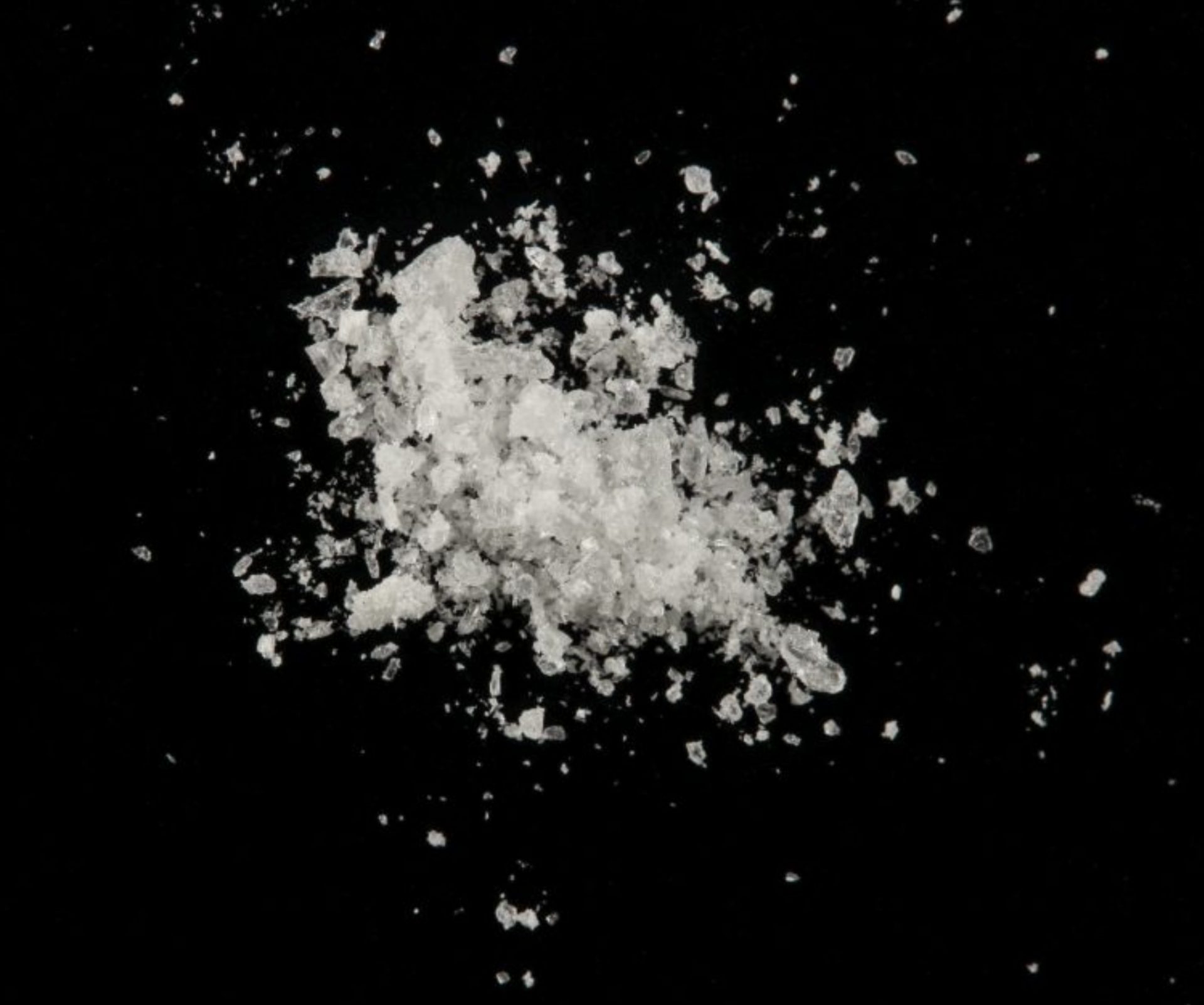
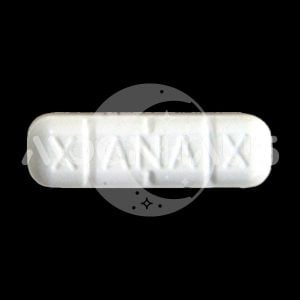
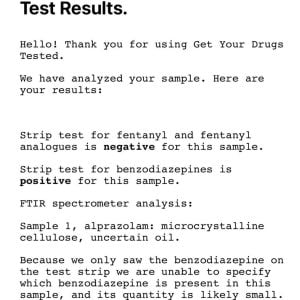
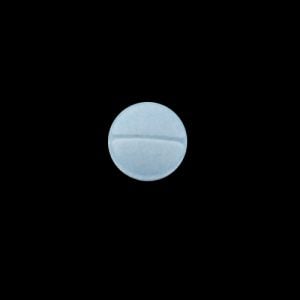
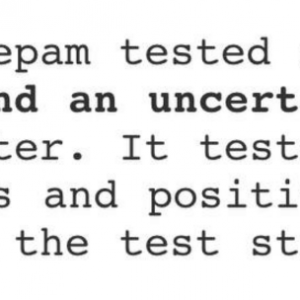
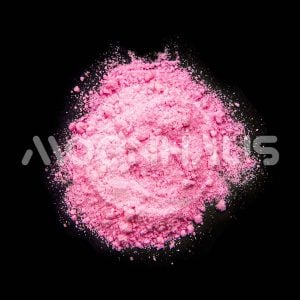
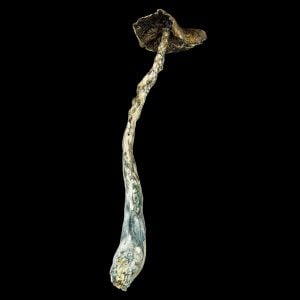
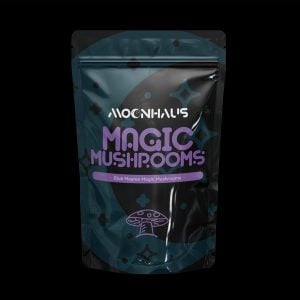
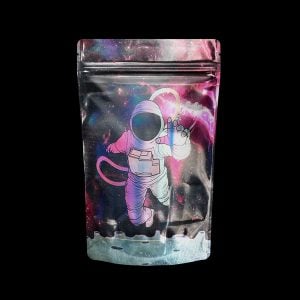
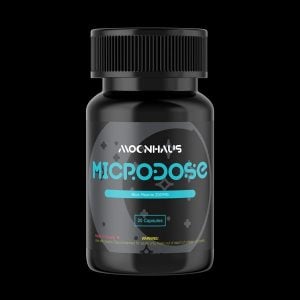
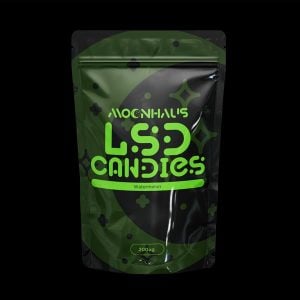
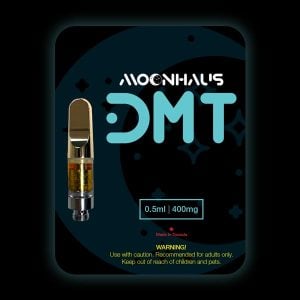
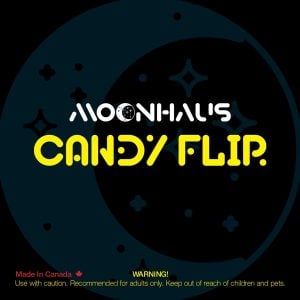
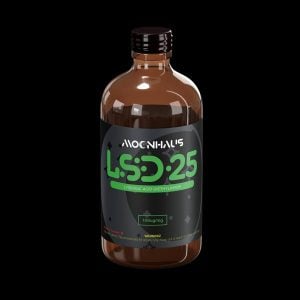
chad_linton (verified owner) –
Very strong, long lasting and leads to somewhat aggressive approach to alcohol and other intoxicants. Its not that 2mmc by itself garners any danger to the body or mind but the mentality it creates is fun but reckless as hell.